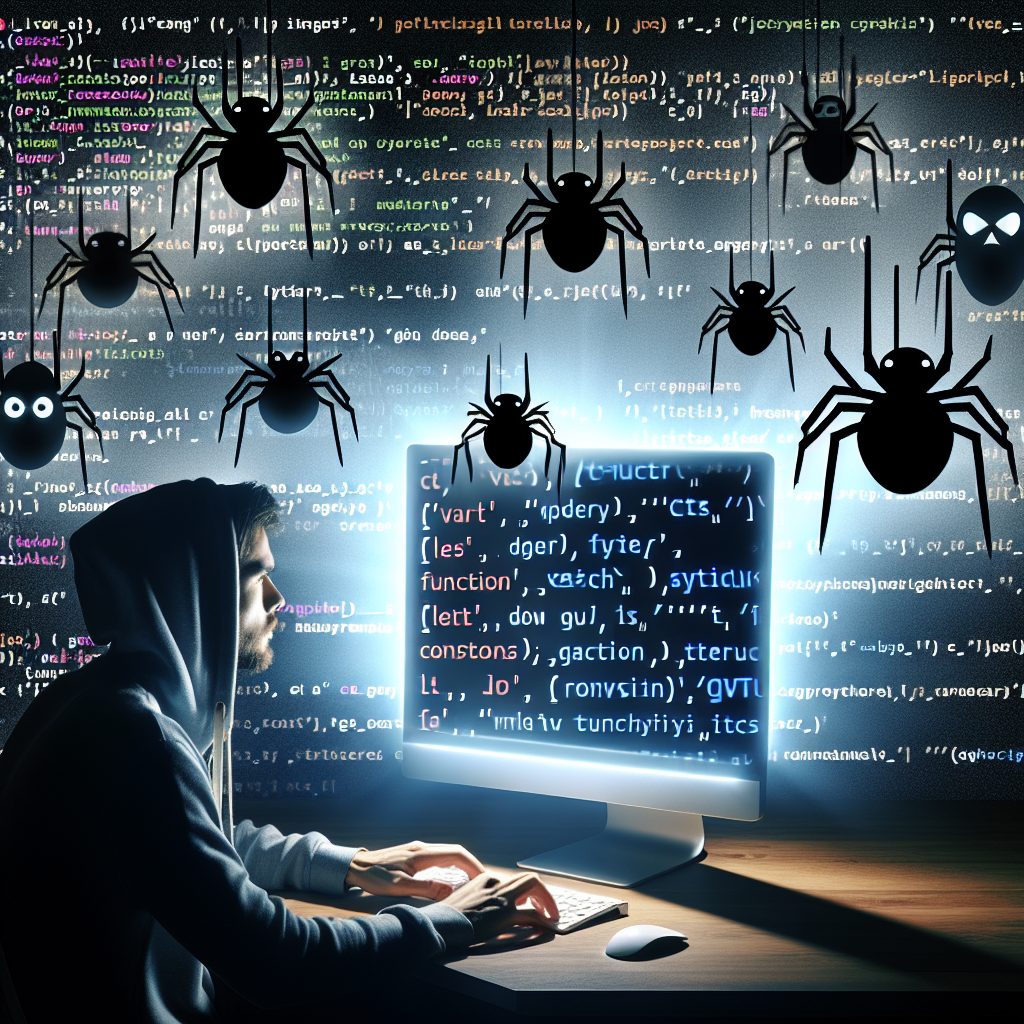[ad_1]
Introduction
JavaScript is a powerful and widely used programming language for web development. However, like any programming language, it is easy to make mistakes that can lead to bugs, performance issues, or security vulnerabilities in your code. In this article, we will explore some common pitfalls that JavaScript developers often encounter and provide tips on how to avoid them.
Common Mistakes and How to Avoid Them
1. Not Using Strict Mode
One common mistake in JavaScript programming is not using strict mode. Strict mode is a way to opt into a restricted variant of JavaScript that disallows certain bad practices and prevents common errors. To enable strict mode, add 'use strict'; at the beginning of your script. This can help catch errors early and improve code quality.
2. Misunderstanding Scope and Closures
Another common mistake is misunderstanding scope and closures in JavaScript. Scope determines the accessibility of variables in your code, while closures allow functions to capture and “remember” variables from their lexical environment. Make sure to understand how scope and closures work to avoid unexpected behavior in your code.
3. Neglecting Error Handling
Proper error handling is essential in JavaScript programming. Neglecting to handle errors can lead to crashes or unexpected behavior in your application. Use try-catch blocks to catch and handle exceptions, and consider using tools like ESLint to detect potential errors in your code.
4. Not Using === for Strict Equality
Using == for loose equality comparisons can lead to unexpected results due to type coercion in JavaScript. Always use === for strict equality comparisons to ensure that both value and type are equal. This can help prevent common bugs and improve code reliability.
5. Overusing Global Variables
Global variables can lead to naming conflicts and make debugging more challenging. Avoid overusing global variables in your code and consider using modules or closures to encapsulate variables and functions. This can help improve code organization and maintainability.
FAQs
Q: Why is error handling important in JavaScript programming?
A: Error handling is important because it allows you to gracefully handle exceptions and prevent crashes in your application. Proper error handling can improve user experience and make your code more robust.
Q: How can I improve my understanding of scope and closures in JavaScript?
A: To improve your understanding of scope and closures, practice writing different types of functions and pay attention to how variables are accessed within different scopes. Additionally, reading articles and documentation on these topics can help clarify any confusion.
Conclusion
Avoiding common mistakes in JavaScript programming is essential for writing high-quality and reliable code. By using strict mode, understanding scope and closures, implementing proper error handling, using strict equality comparisons, and avoiding global variables, you can enhance the performance and maintainability of your JavaScript applications. Remember to continuously improve your coding skills and stay updated on best practices in JavaScript development.
[ad_2]


